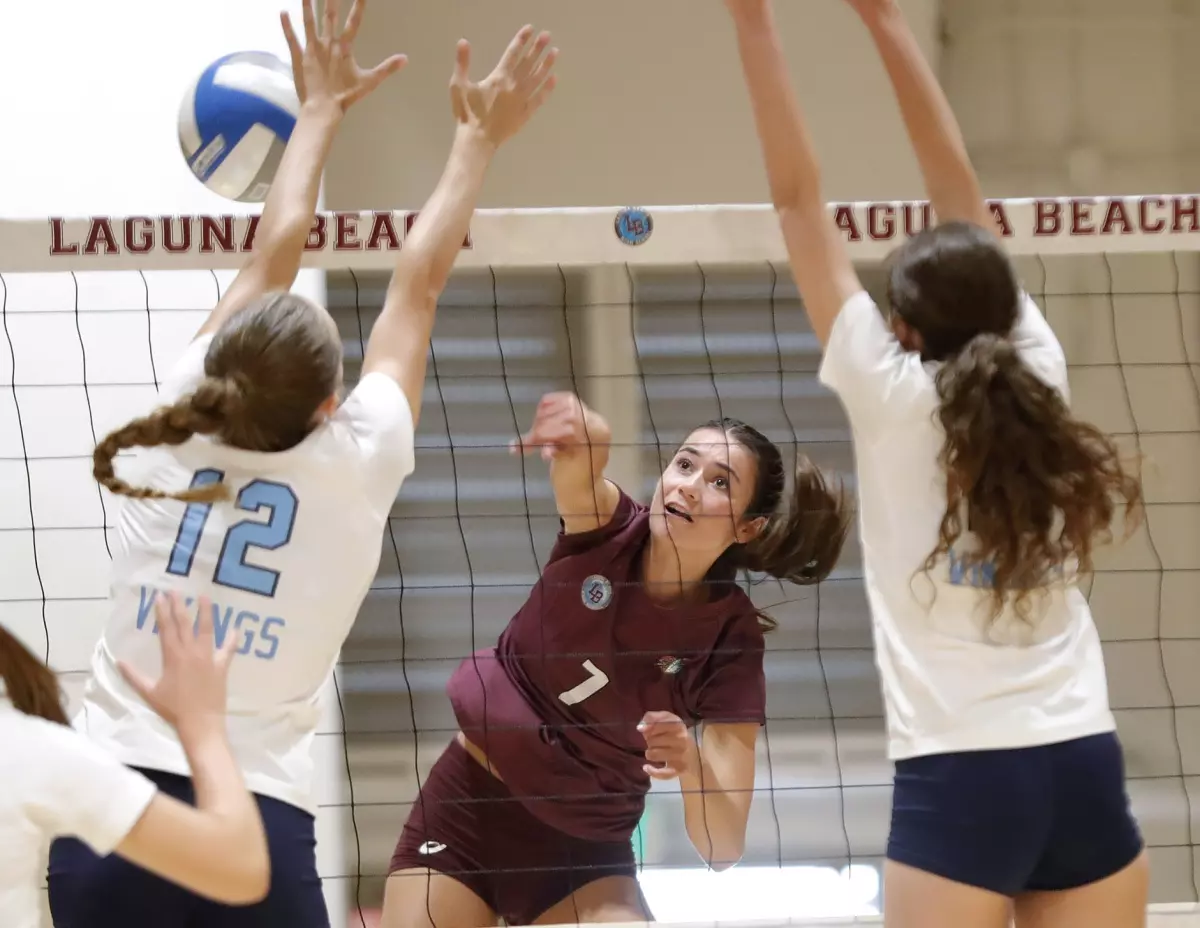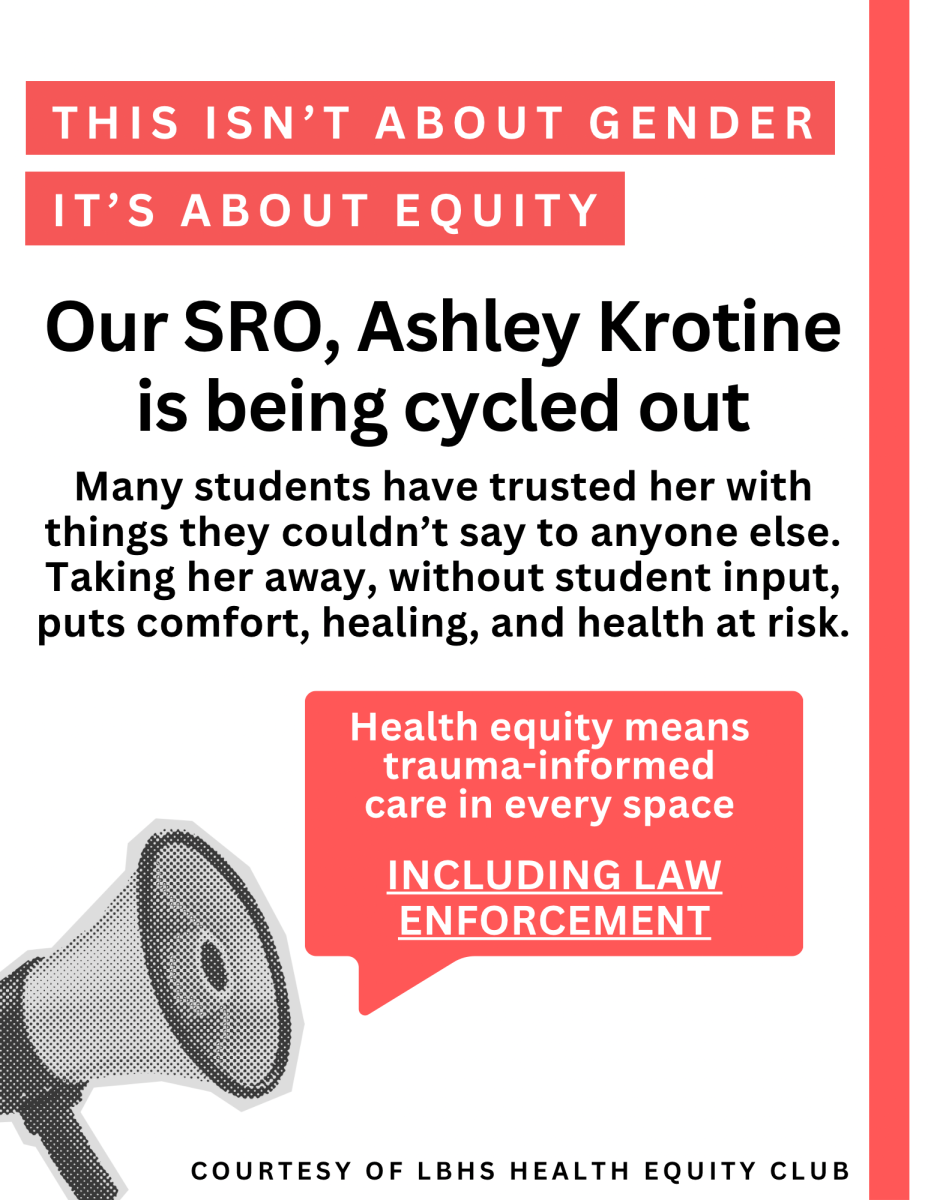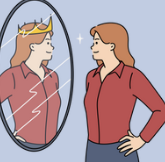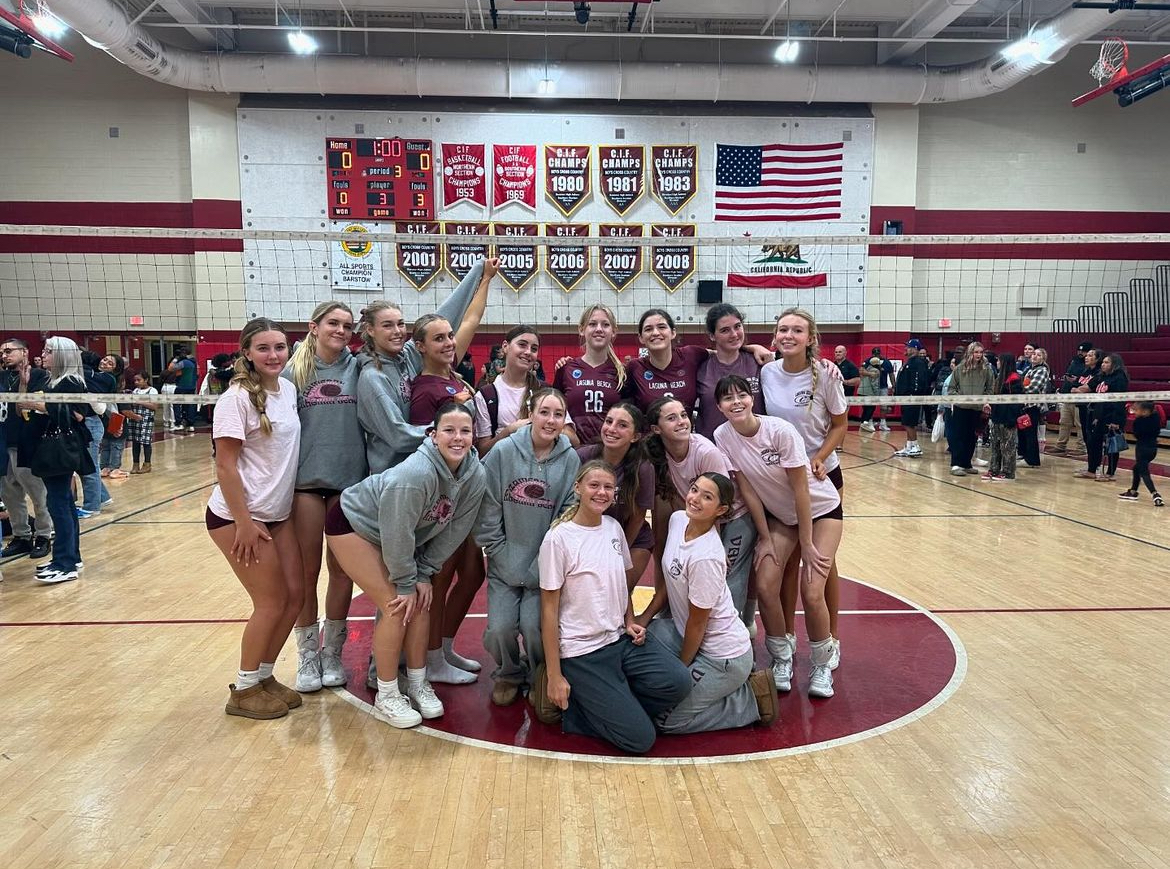In Southern California, sports and other extracurricular activities are a big part of the youth’s lives. Many take them seriously, training to place on varsity teams, college teams, and even professionally/ as a career. About 70% of students at LBHS participate in a sport inside or outside of school. Athletics are outstanding but typically don’t have the proper resources not to push their bodies to the limits and sometimes cause injuries, whether minor like a tight shoulder, or major like a torn muscle or broken bone. According to various research and studies, these are the six best ways athletes can take care of their bodies to be in the best condition possible and stay healthy!
Stretching is one of the best things you can do for your muscles and your mind. A good stretch helps muscles become stronger and more flexible. A good stretch consists of not only going through the motions but holding them for a period of time so it really sits in. Stretching also prevents muscle injuries. As a water polo goalkeeper, I always tend to have tight hips so the stretches I find help me the most are lunges with rotation, side lunge, figure four, and garland. There are many more out there for different parts of your body that are very effective if done correctly. After stretching, it is important in whatever activity you do to have a focused warm-up. The purpose of a warm-up is to increase your blood flow by increasing your heartbeat. Cardio is a great warm-up that cuts calories quickly and gets your blood flow up (some examples are swimming, running, biking, walking, jump-roping, etc.). With these two as a start to any practice or game, you are already doing your body a great favor and giving you a foundation to work with. If you have any questions about stretching and warm-ups, research online or ask your coach/athletic trainer and definitely ask the wonderful LBHS physical therapist, Tim, and Athletic Coordinator, Dr. Shelbe.
Putting in the hard work and being on that grind is great but it cannot be done to a great extent without fueling your body properly. It is important for an athlete (or anyone trying to get in shape) to eat not only a healthy but a well-balanced diet. There are a lot of myths about what an athletic diet looks like. Let me debunk those.
“Athletes and people trying to maintain fitness are supposed to eat a lot of vegetables (salads) and cut off too many carbs”
Yes, it is important for everyone to eat plenty of vegetables and fruits but that is not all. When you are constantly pushing your body, your muscles need proteins to grow/strengthen, and maintain shape. Carbs are great. Carbohydrates are great before a game as wheats contain glucose which energizes the body. Stacking up on carbs in your diet during a bulk is necessary to build a bigger and steadier physique.
“Athletes are always working out, they can eat whatever they want”
Sure, when you are an athlete you are burning calories at an insanely fast rate. You could gain those calories back with really anything but that anything will affect your performance and your body’s health. Fast food, sugary food, and too many carbs are more difficult for your body to digest and will create unhealthy fats. The energies these foods give your body are short-lived and you will tend to feel more tired after consumption which makes you crave more. Eating healthy balanced meals of larger quantities is the best as they sustain energy in your body for long periods of time and digest easily.
“Athletes should take tons of supplements for energy and protein intake”
Occasionally, it’s okay to take a scoop of pre-workout before a game if an athlete has multiple games that day to maintain energy. It’s also great to put protein powder in various foods like pancakes, muffins, brownies, cookies, etc. But just relying on supplements isn’t suitable for your body. Raw energizers like fruit and foods with electrolytes are healthier, less expensive, and work for long periods as well. I don’t have too much against protein powder as it is an easy addition, but again, meats with high protein in them will always be the better alternative as they are not as processed.
Eating your best helps you play your best. Eating nutritious foods can also lower the risks of numerous injuries because your body is a healthier vessel overall.
The importance of hydration needs to be stressed more inside and outside of sports. Since our bodies are made up of about 60% water, and as athletes are constantly sweating through activity, you must replenish that water and electrolytes. The average female athlete should have 91 ounces of water (11 cups) daily, and the average male athlete should have 125 ounces (15 cups). Water doesn’t just improve performance/prevent dehydration but also helps with skin/hair condition, hygiene, gut digestion, and much more! It helps to carry a large thermos water bottle everywhere (especially in practice) and set reminders on when you should drink. Continue to hydrate, and you will feel your energy increase and be in a better state overall!
Recovering your body is the most important way to perform your best, and sleeping is the best way. Sleeping 8-10 hours a night helps reduce soreness, improves muscle memory, and overall increases athletic performance. It can be challenging for student-athletes to get sleep with everything they have going on inside and outside of sports, so here are some ways you can get in your rest:
- Organize your work: It may be challenging to get that nine hours of sleep when you have a big math test after a long day of sports or not having enough time to complete that homework due tomorrow for English. You must be able to organize your time efficiently. Take time for the schoolwork you want to achieve and set time stamps for when you should start/finish a project.
- Put anything distracting away: A way to complete your work is not procrastinating. Put your phone somewhere out of reach, even in another room. If you feel like your family could be a distraction, talk with them and tell them you want to finish everything you need to.
- Still don’t have enough time? Wake up early then: If you see that your work is beginning to seep into your bedtime, then you should try to wake up earlier than your usual time to complete it. You will also perform better in academics when everything is refreshed from a sound sleep.
Without proper rest and recovery, you are more prone to injuries, so pay close attention to what your body tells you. There is a difference between pain and discomfort. Discomfort is dull but bothersome; however, you know you can continue to work through it. Pain is sharp and restricted and you know that something dangerous could happen if you continue the activity. If you don’t know which one you feel, explain the symptoms to your coach or fitness trainer. LBHS PT, Tim, will help diagnose you and get you back into better shape.
Most athletes in a severe level of their sports are involved in weight training. Weight training is excellent as it builds muscle, weight, endurance, and much more, but this is only if you do it correctly. Without proper training and form, weight training can seriously damage the body. The media plays into a lot of damage that weight training causes. Many young athletes see their idols lifting heavy weights on TikTok and Instagram and try to replicate them (this is called ego lifting). REMEMBER: These athletes have been doing weights for a very long time and are very strong, so they are educated in proper form. Some athletes also use fake weights to make it seem that they are lifting heavier than they are. Get a certified trainer to teach you proper form and how your body reacts to different exercises. Everyone starts somewhere, so don’t feel embarrassed or rush to lift heavier weights. Rome was not built in a day. Trust the process. Eventually, heading towards your season, you may want to increase weight to gain better results slowly.
“Healthy Mind = Healthy Body”
That’s right, having a good mindset can lead to better performance and a healthy body. Have Discipline. You can’t push yourself in practice and wake up every day ready to lift your best without discipline. You can’t take a minute to stretch and have a solid warm-up before a game without penalty. Use a competitive attitude to play aggressively and your best. Have a good mindset and keep up with sports and your school work. Stress can slow the body down and tighten/stiffen muscles, leading to numerous injuries.
Incorporating these habits listed into your daily life can and will improve your performance and the state of your body. Being an athlete can be stressful, but it is the most important to take care of your mind and body to continue and strengthen your athletic career! What’s stopping you? Be your best athlete.




















